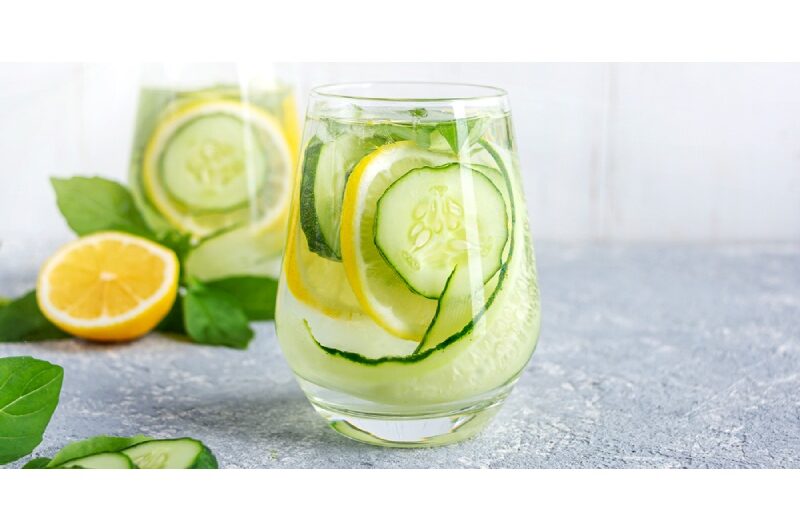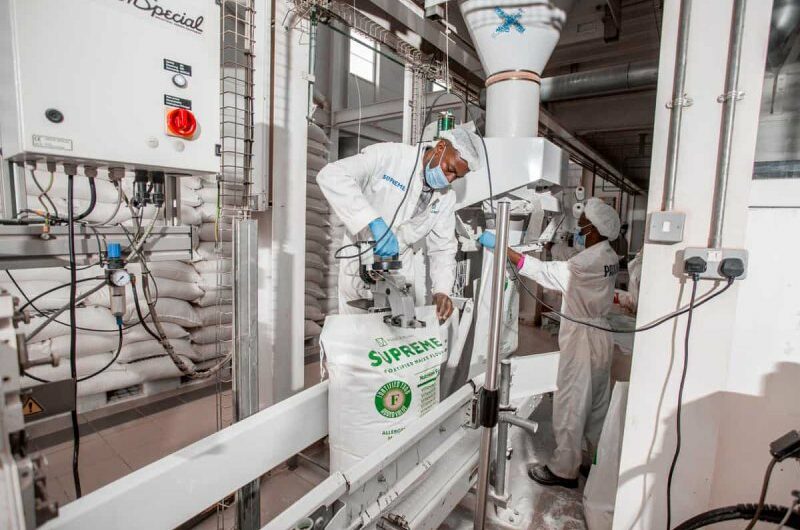Plant-based diets may reduce the risk of COVID-19 infection.
A new study published this week in the and Health found that persons who predominantly follow a plant-based or vegetarian diet had a 39% reduced likelihood of getting infected with COVID-19 compared to those who eat a diet that contains meat.
Examining 702 adults, the researchers found that a decreased incidence of COVID-19 was seen in those who consumed more vegetables, legumes, and nuts and less dairy and meat. The research indicates that plant-based diets may offer nutrients that strengthen the immune system and aid in the battle against viral infections, even though it is not possible to definitively conclude what causes what and further research is required before making any final judgments.
Numerous studies have been conducted regarding the advantages of a plant-based diet. According to a recent Stanford University twin study, the identical twin who adhered to a plant-based diet, as opposed to their twin sibling’s healthy diet that included animal products, experienced a notable improvement in their cardiometabolic health markers, such as lower insulin levels and lower levels of LDL (bad) cholesterol. Additionally, plant-based diets typically contain greater levels of fiber, a macronutrient that is often lacking in American diets yet can help lower your chance of developing certain illnesses like colon cancer.
If you’re not comfortable giving up animal products, you can still enjoy some of the advantages of a plant-based diet by implementing weekly events like “Meatless Mondays” or reducing the amount of meat and dairy you purchase at the grocery store in favor of vegetarian options like nuts and seeds. With the advent of the “Veganuary” challenge, which pushes people to (at least temporarily) give up animal products, January might be a great time to give veganism a try.
More nanoplastics than previously believed are present in bottled water.
You might want to think twice before grabbing a plastic bottle of water from your refrigerator and heading to the gym. According to research that was just published this week in the Proceedings of the National Academy of Sciences journal, bottled water contains 10–100 times more nanoplastics than previously thought. This is concerning since nanoplastics, which are microscopic plastic particles that are invisible to the human eye, have the capacity to enter human cells and may even be able to pass through the blood-brain barrier, which shields the brain from dangerous substances.
Since nanoplastics and their larger cousins, microplastics, are now found almost everywhere—in our food, our oceans, and the air—it is hard to completely avoid them. However, you can reduce your exposure to nanoplastics in drinking water by utilizing filtered tap water instead of bottled water. Though study indicates that tap water has less nanoplastics than bottled water, it still contains some. Get a reusable glass or stainless steel water container instead of plastic bottled water. (Just don’t forget to periodically give your bottle a thorough cleaning.)
Topics #immune system #Plant-based diets










